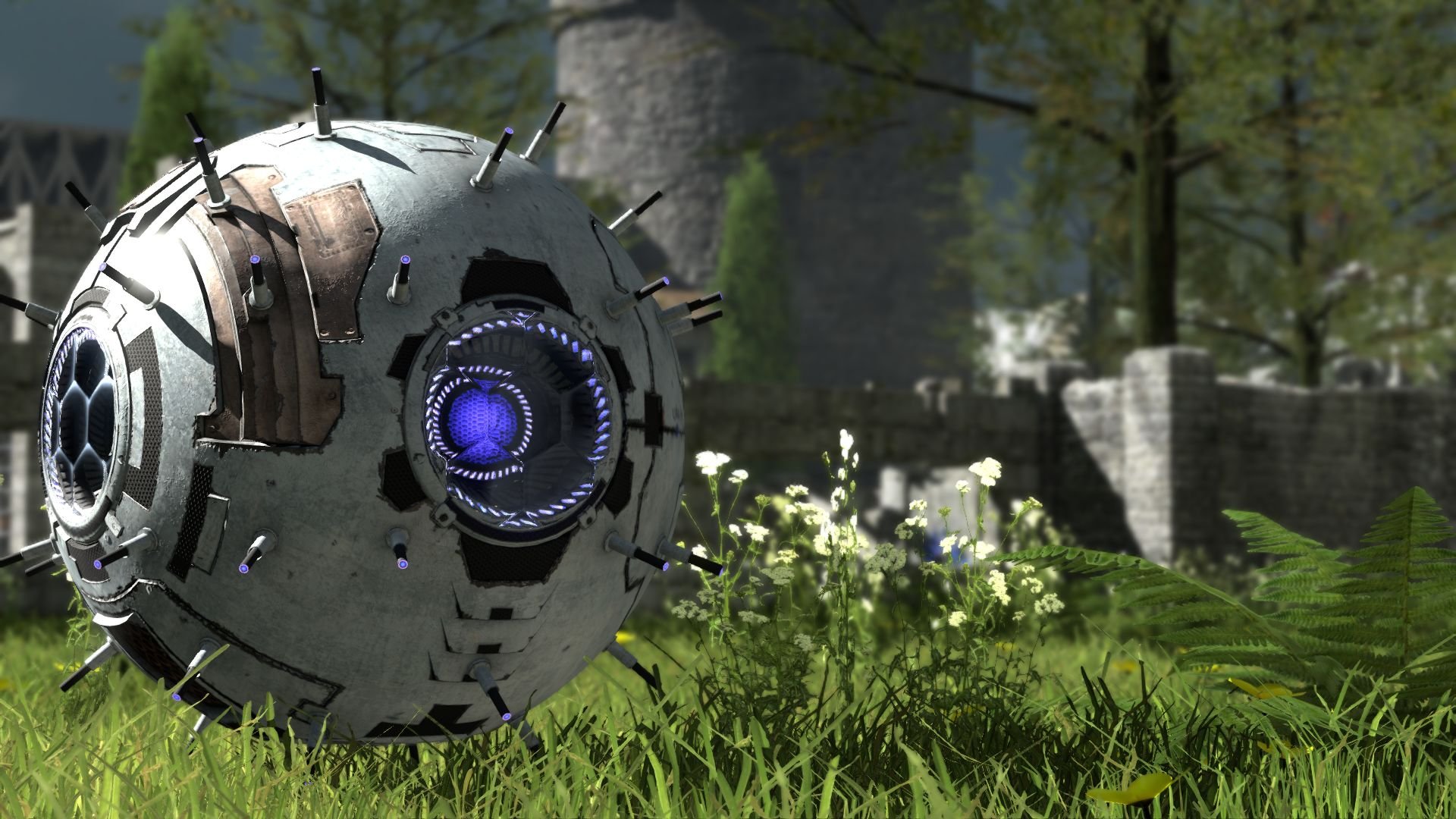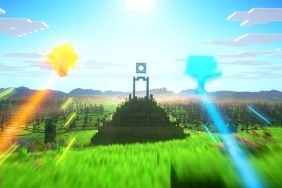This game will challenge your mind instead of your reflexes.
Like many gamers, I sorely miss the Portal series. While the sequel wasn't quite as good as the original, it's still better than every single puzzle game that followed… until now. Yes, folks, last year's indie title, The Talos Principle, provides a challenging puzzle game with high-production values, and it kicks it up a notch by questioning what constitutes humanity. Now this year's sequel, The Talos Principle: Road to Gehenna, has been combined with the original game to create The Talos Principle Deluxe Edition, and the result is a must-have for for anyone with a modicum of patience.
The unusual experience begins with players having their consciousness placed inside a robotic servant of an omnipotent being called Elohim. This godlike creature appears to be the master of an artificial version of the world, and it's up to players to figure out what happened to the real version as well as whether they're A.I. or human. This is achieved by progressing through different areas and accessing computer terminals. While it may sound simple, the only way to progress is by solving a variety of thought-provoking puzzles that are both fun and rewarding.
Perseverance is required in solving the puzzles and uncovering the storyline, which I think is very cool. Instead of being told what happens via cut-scenes, players must figure it out on their own by accessing various computer terminals. Not only can players discover facts about the past and read ancient texts, but they can also converse with the computer, albeit in a limited way. In addition, players are tested on their morality by answering questions about certain situations, and then they're evaluated on their answers. This is an unusual twist that fits with the concept of the story and offers a depth rarely seen in video game storytelling. Unfortunately, many of the messages are presented in an offputting wall of text, which can be skipped at the expense of story details.
Like all good puzzle games, the challenge is non-existent at first and then becomes progressively harder. All players have to do to solve puzzles in early levels is re-position signal jammers to deactivate force fields, floating drones, and automated turrets. Soon the complexity increases as it becomes necessary to block the path of drones with cubes, trap drones with forcefields, and indirectly guide drones to blow up turrets. Eventually, crystal connectors are introduced that let players activate and direct colored beams of light. These light beams are another way to deactivate forcefields, but different colored light beams cancel each other out (don't cross the streams!). The only way to make them cross each other's path is to elevate the crystal connectors on cubes. This is just a small sample of the complex puzzles that players will encounter. Later in the game, they become extremely challenging, and I felt a real sense of achievement after solving them.
Solving each “puzzle area” rewards players with a colored sigil that looks just like a Tetris piece. These sigils are used to unlock new areas filled with new puzzles to solve, and the final destination is a gigantic tower that Elohim insists is “off limits.” I really appreciate how user-friendly this game is, as every level has a sign at the entrance that shows what sigils are available. When any sigil is collected, it's marked off the sign so players can easily see what hasn't been obtained. In addition, collected sigils are marked off of the sign at the front of each puzzle area. This is extremely handy due to the non-linear layout of each level and the lack of a map. Another extremely useful feature is sprinting because some of the levels are rather large.
I wasn't expecting such beautiful visuals from an indie puzzle game, and they can be truly appreciated thanks to the first-person viewpoint. In addition, Gregorian chanting at the beginning combined with the booming voice of Elohim helps to impart an ethereal feel. Most of the environment is reminiscent of ancient Roman ruins, complete with crumpling stone structures, towering columns, and broken statues. It's really interesting to see the dichotomy between the archaic Romanesque backgrounds and the futuristic elements that include automated turrets and floating drones with laser-proximity detectors. Some parts of the world even look like a modern warehouse with metal platforms and catwalks. Add the fact that random momentary “glitches” in the network make it obvious that the whole world is an illusion, and the result is an extremely cool atmosphere similar to the holodeck in Star Trek: The Next Generation.
I didn't expect a video game to have deep philosophical questions that I pondered long after each session, and I appreciate how it adds the kind of depth seldom seen in games. It's also very cool to play a non-combat game that keeps me interested for hours at a time. The Talos Principle: Deluxe Edition doesn't offer any new content to entice people who played the PC version, but I highly recommend it to everyone who hasn't.
-
Clever puzzles
-
Thought-provoking story
-
Pleasing visuals
-
Very user-friendly
-
Numerous walls of text
the-talos-principle-deluxe-edition
-
the-talos-principle-deluxe-edition #1
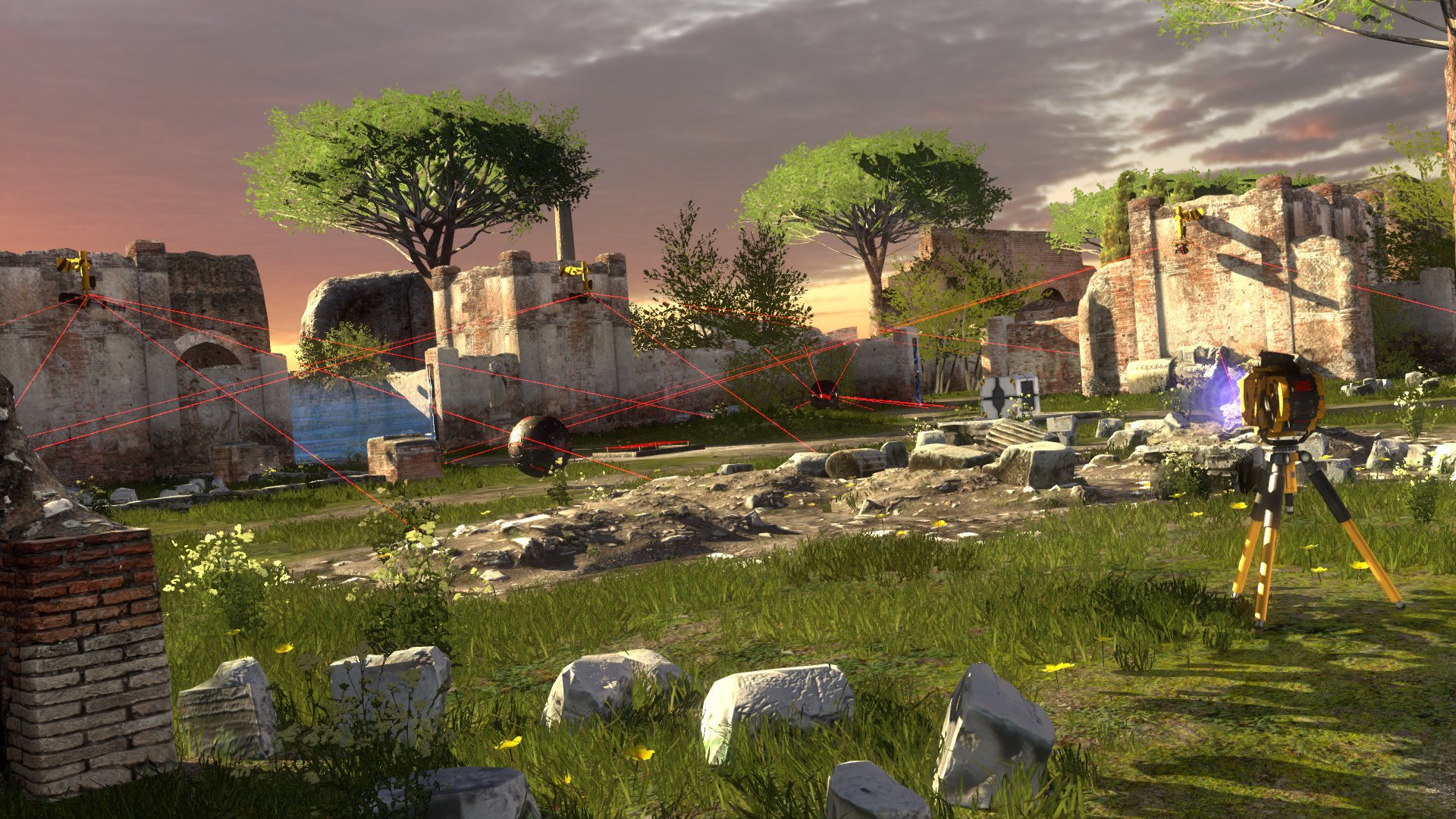
-
the-talos-principle-deluxe-edition #2
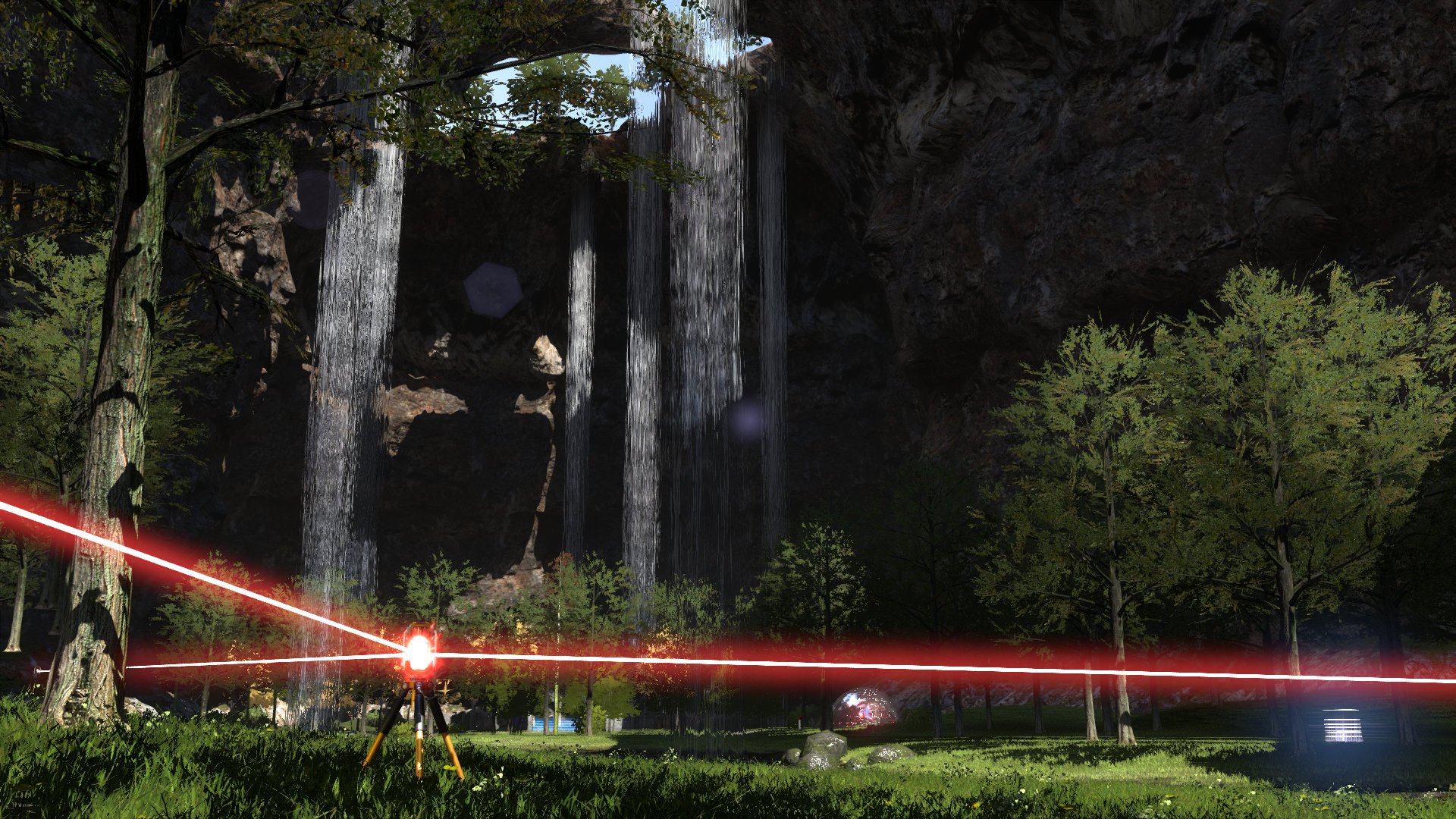
-
the-talos-principle-deluxe-edition #3
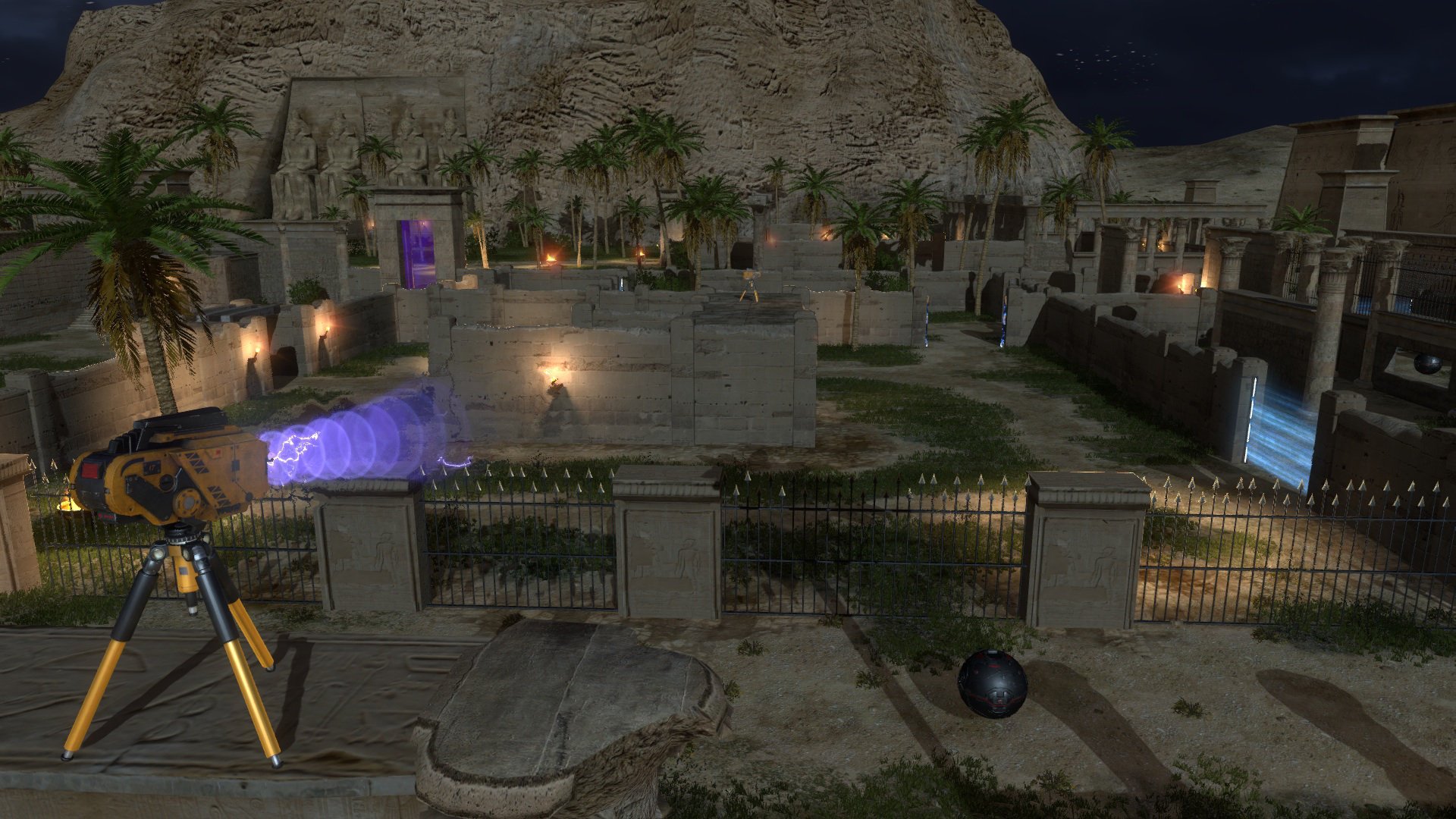
-
the-talos-principle-deluxe-edition #4
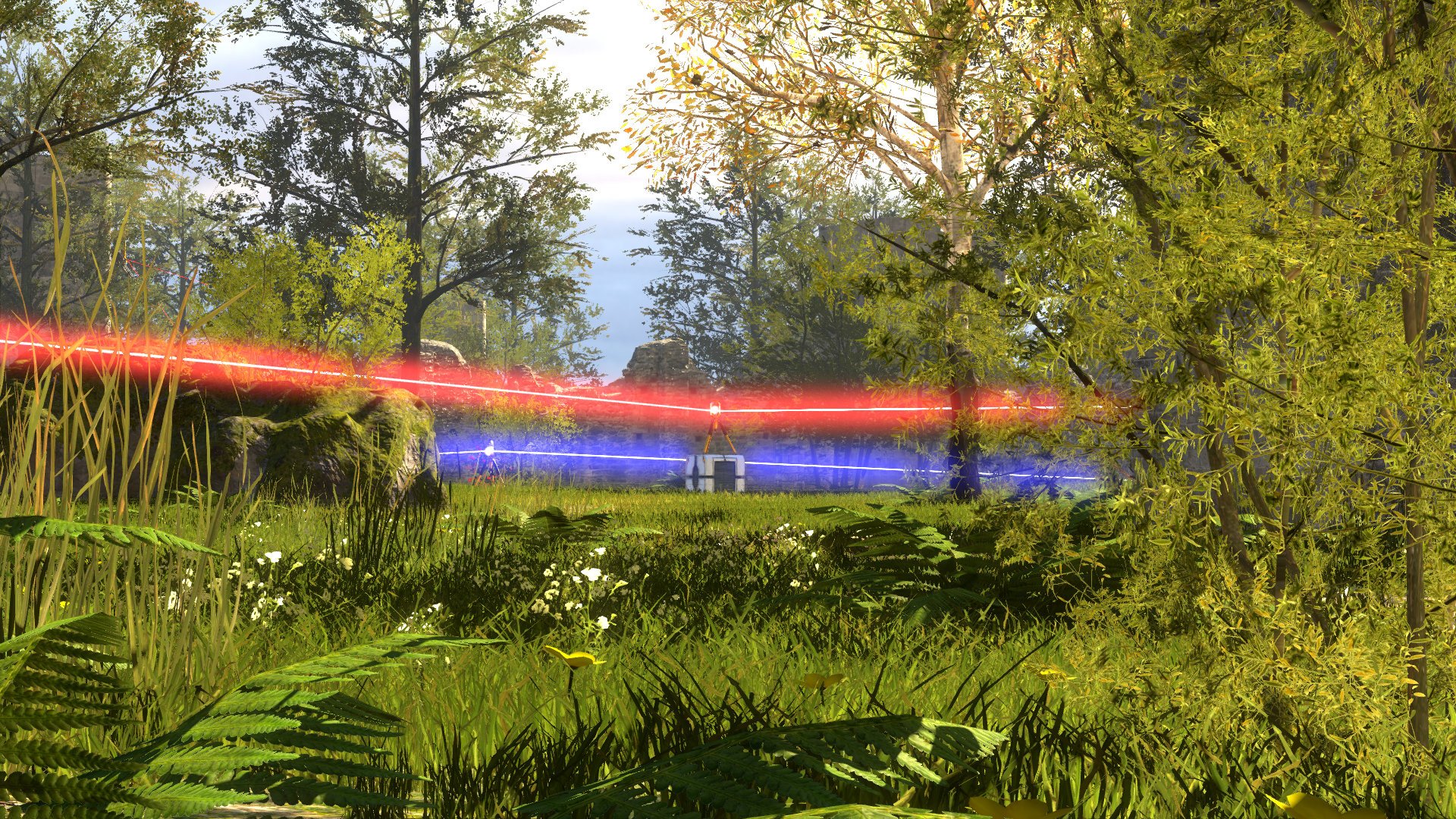
-
the-talos-principle-deluxe-edition #5
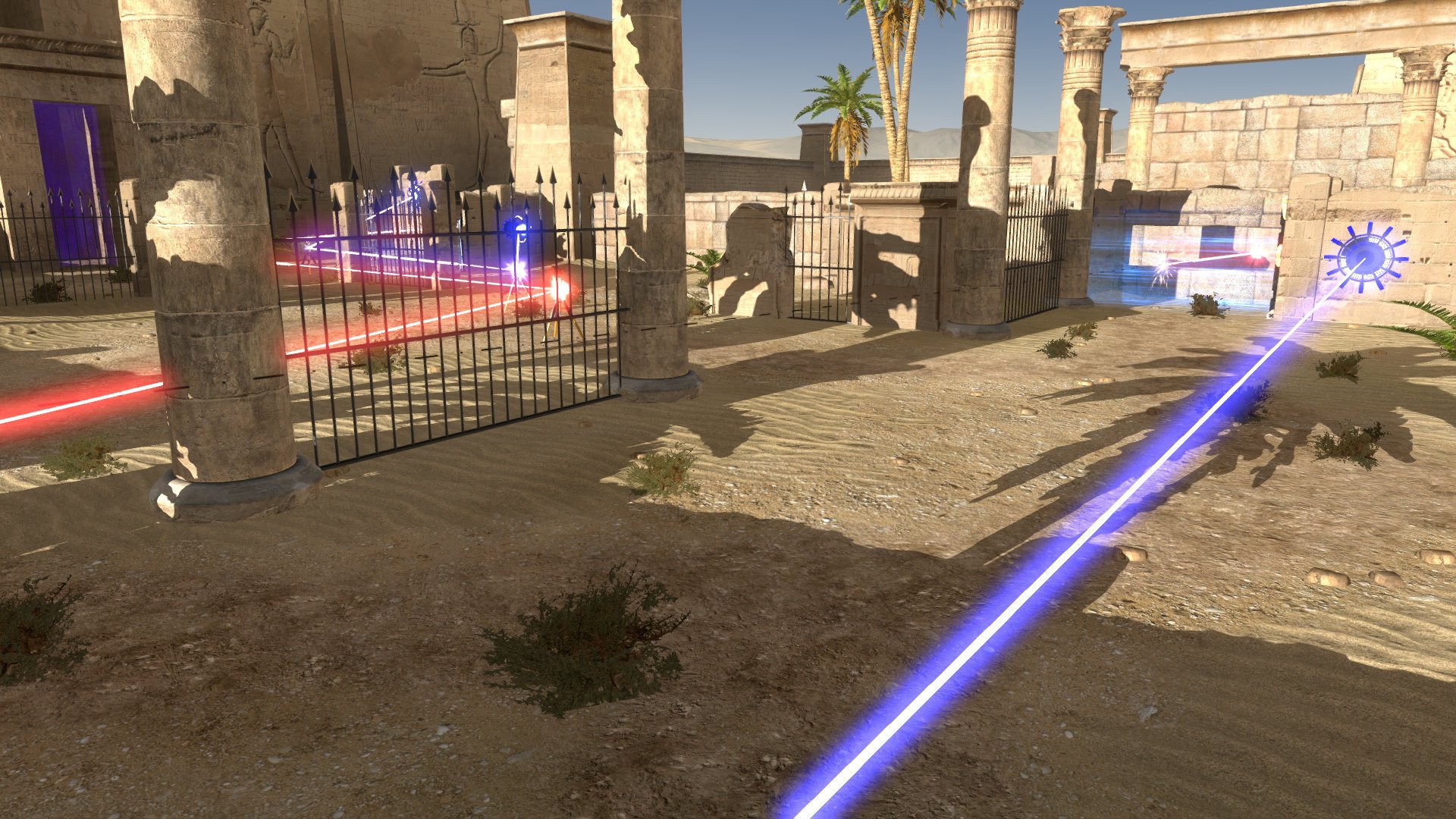
-
the-talos-principle-deluxe-edition #6
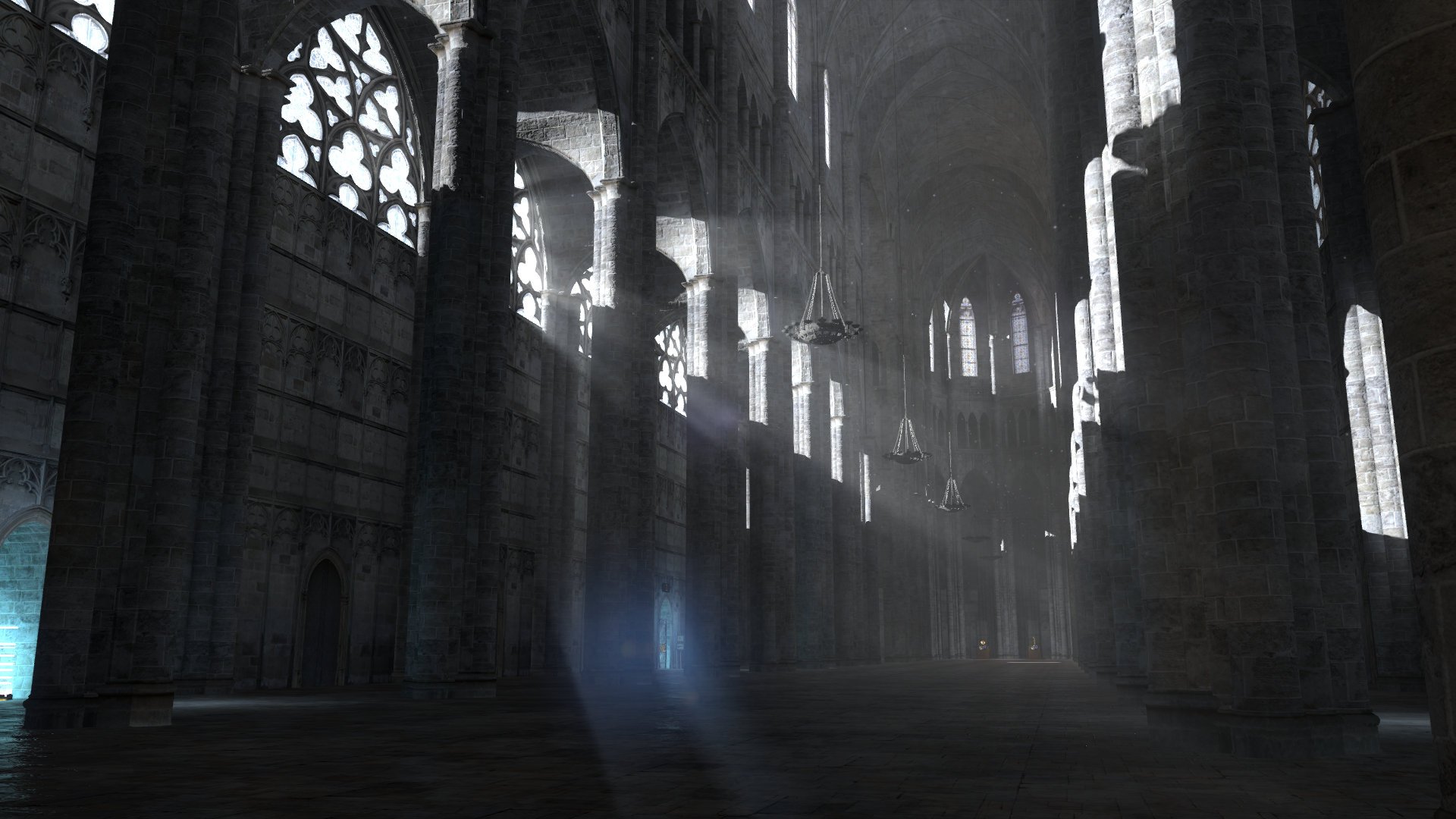
-
the-talos-principle-deluxe-edition #7
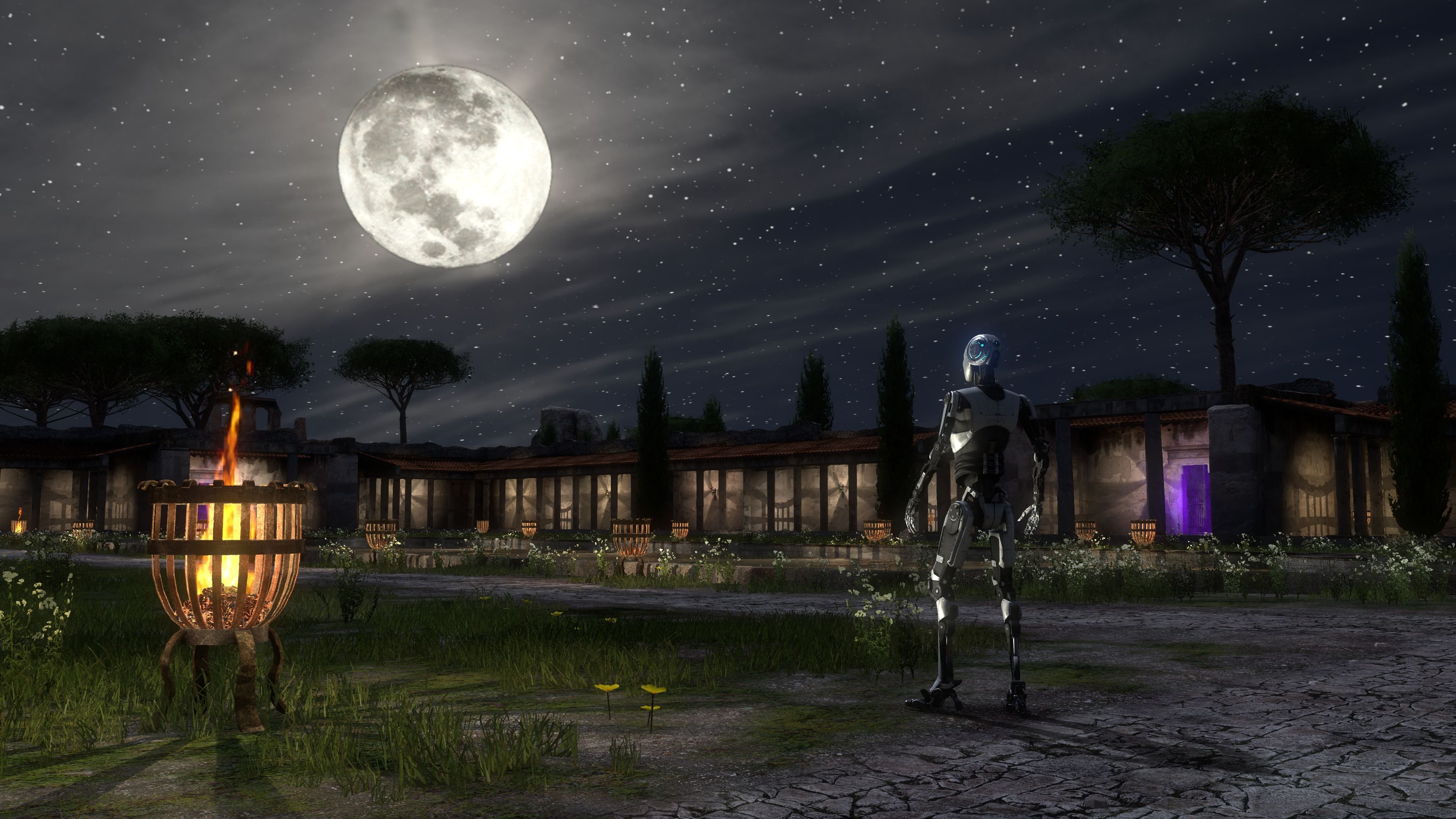
-
the-talos-principle-deluxe-edition #8
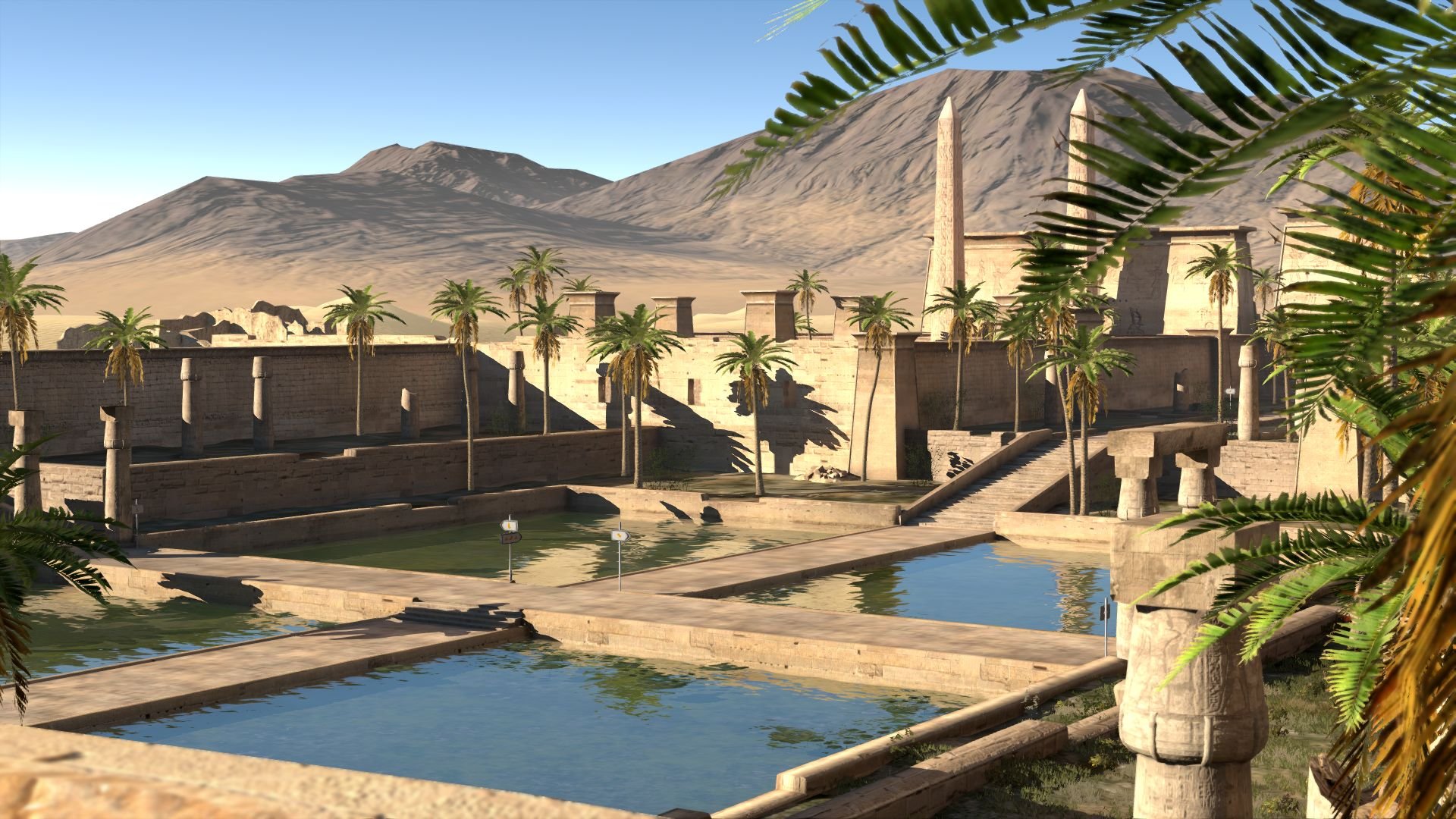
-
the-talos-principle-deluxe-edition #9
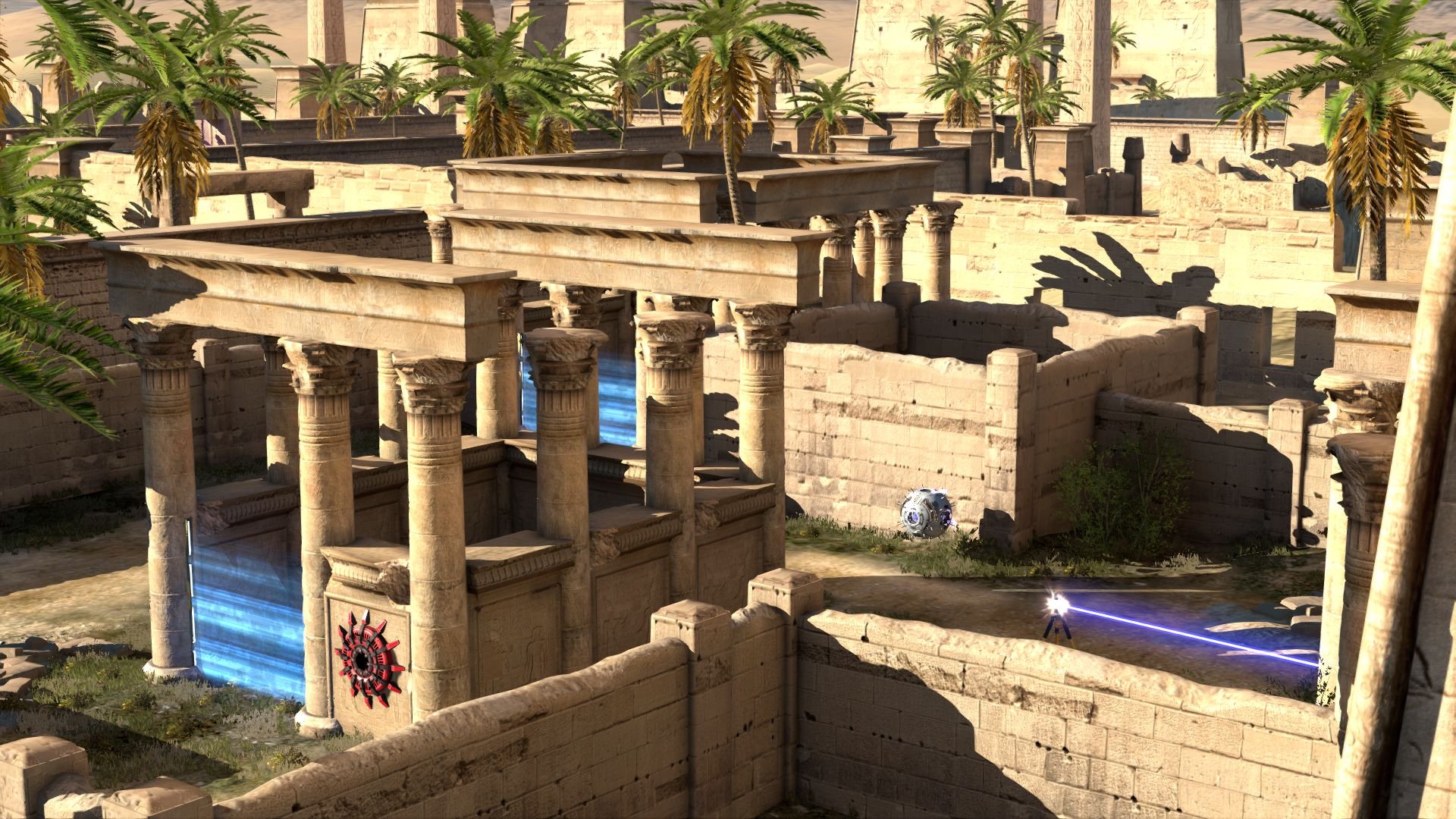
-
the-talos-principle-deluxe-edition #10
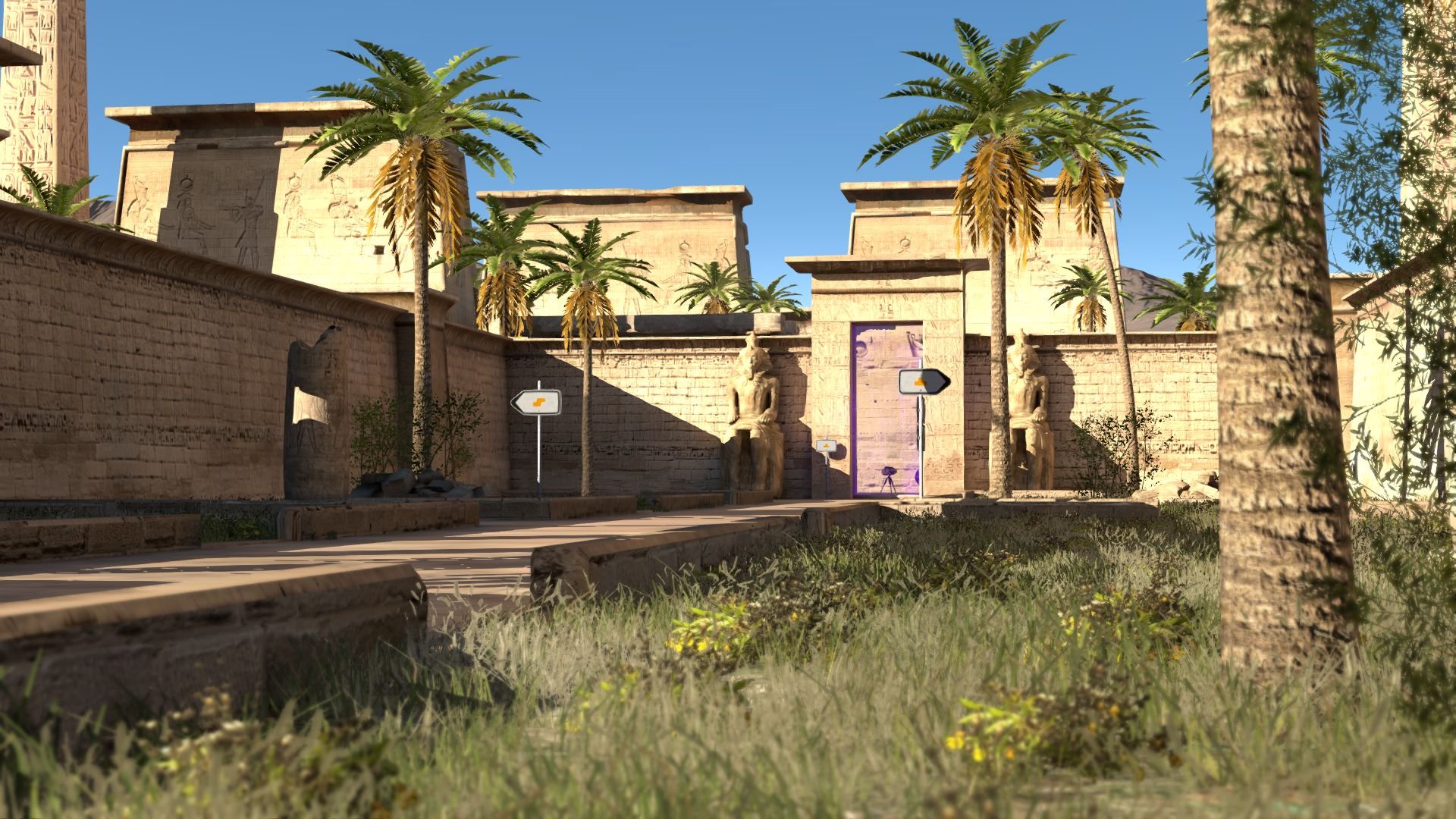
-
the-talos-principle-deluxe-edition #11
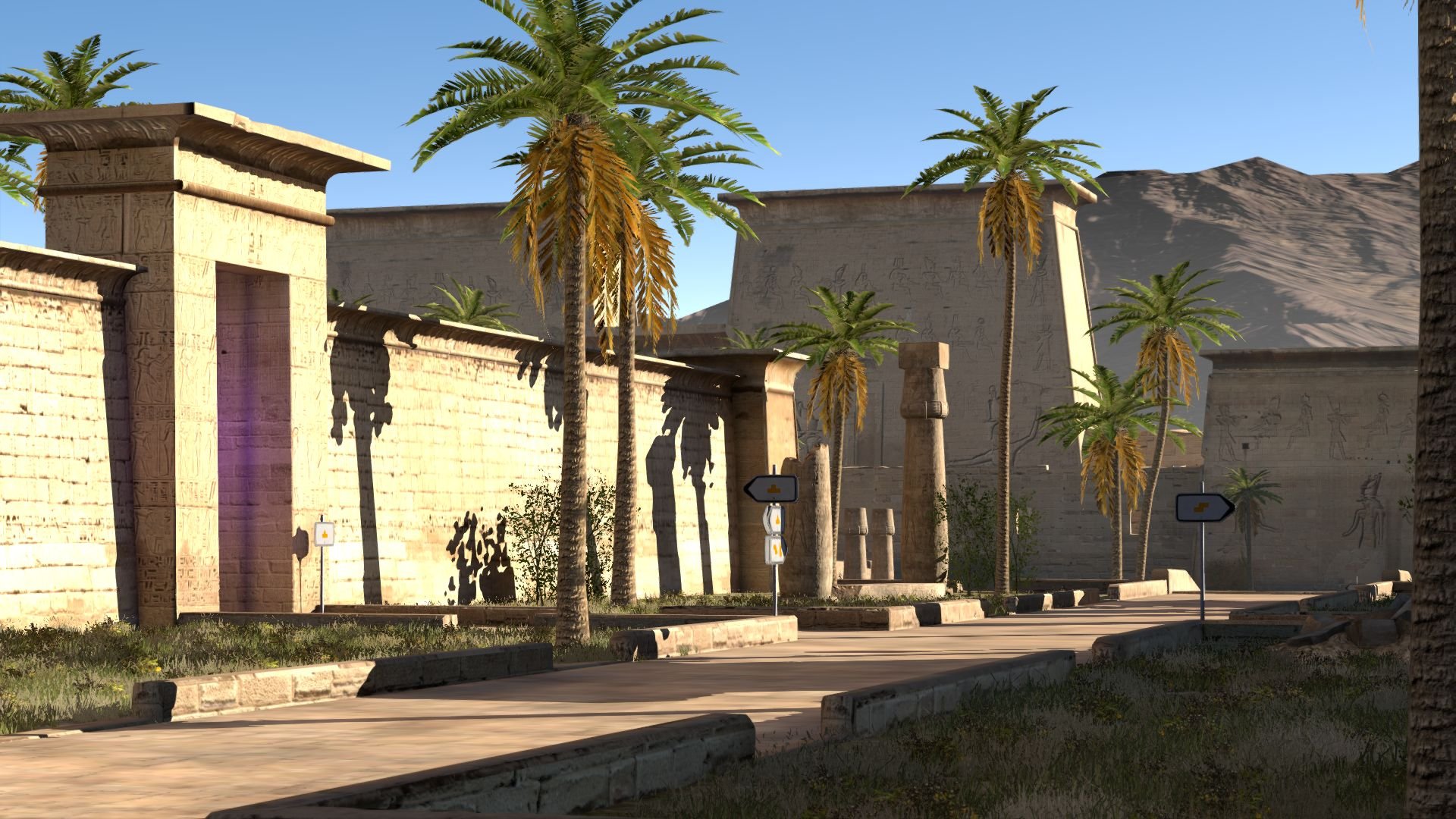
-
the-talos-principle-deluxe-edition #12
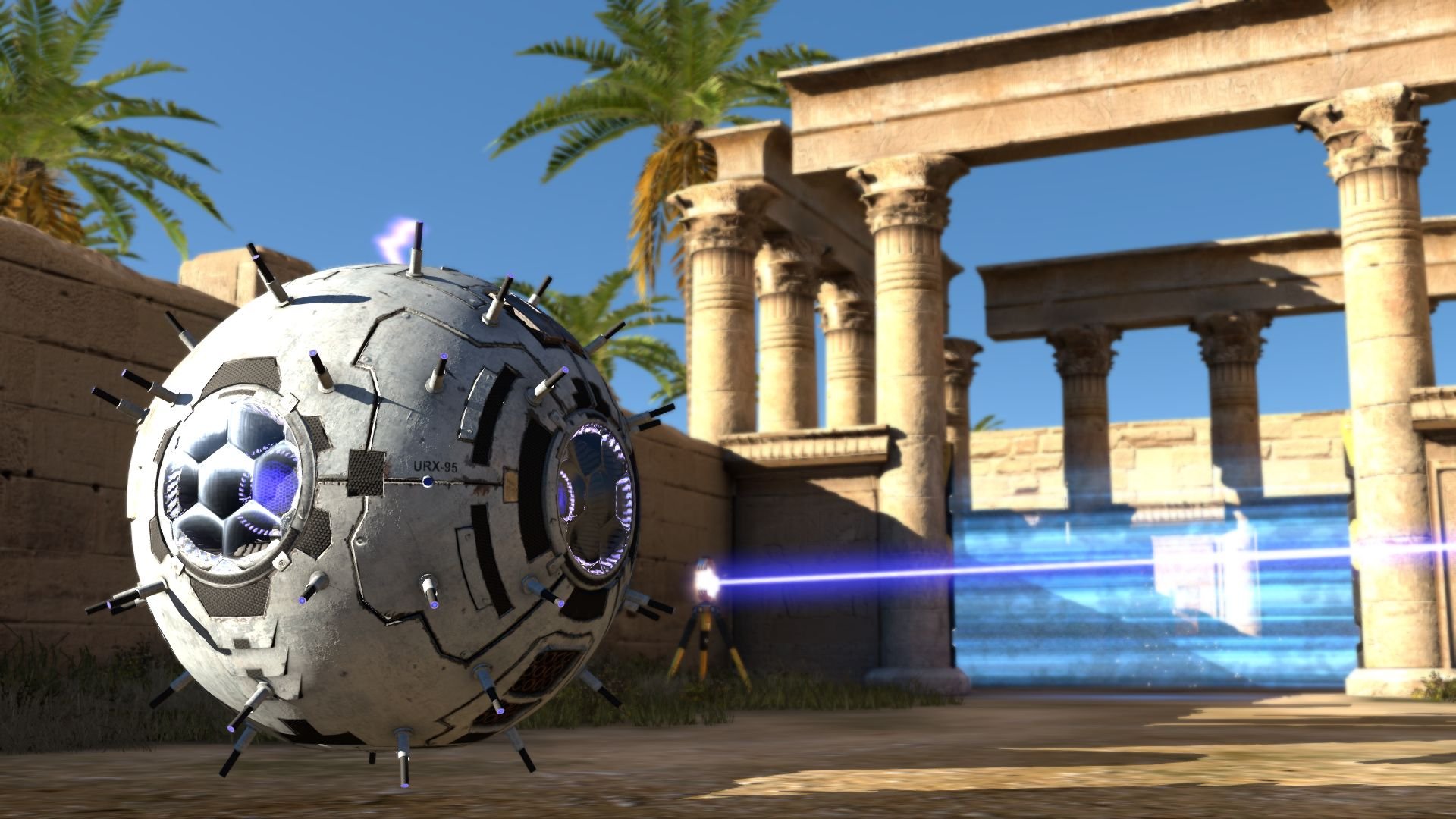
-
the-talos-principle-deluxe-edition #13
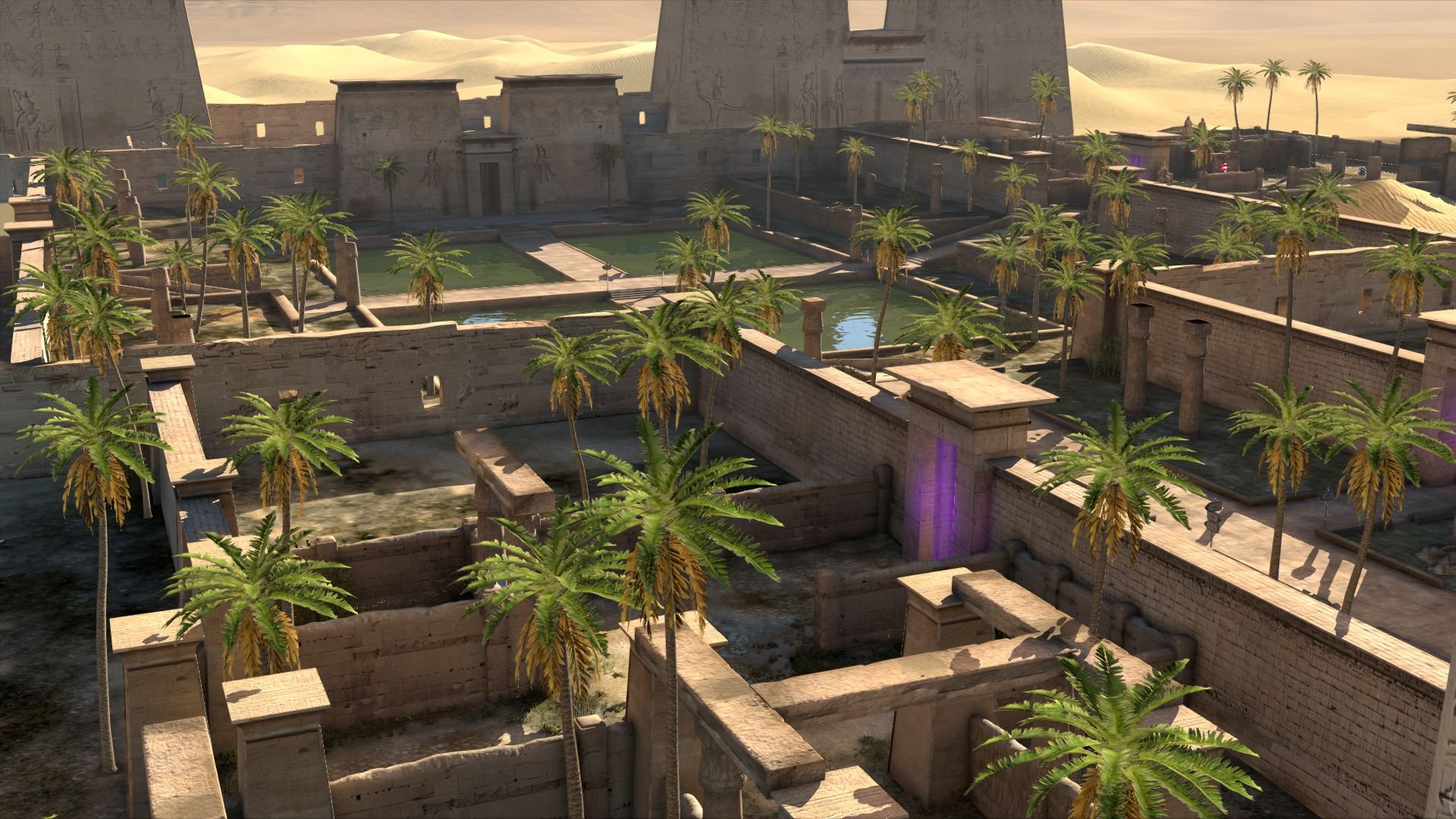
-
the-talos-principle-deluxe-edition #14
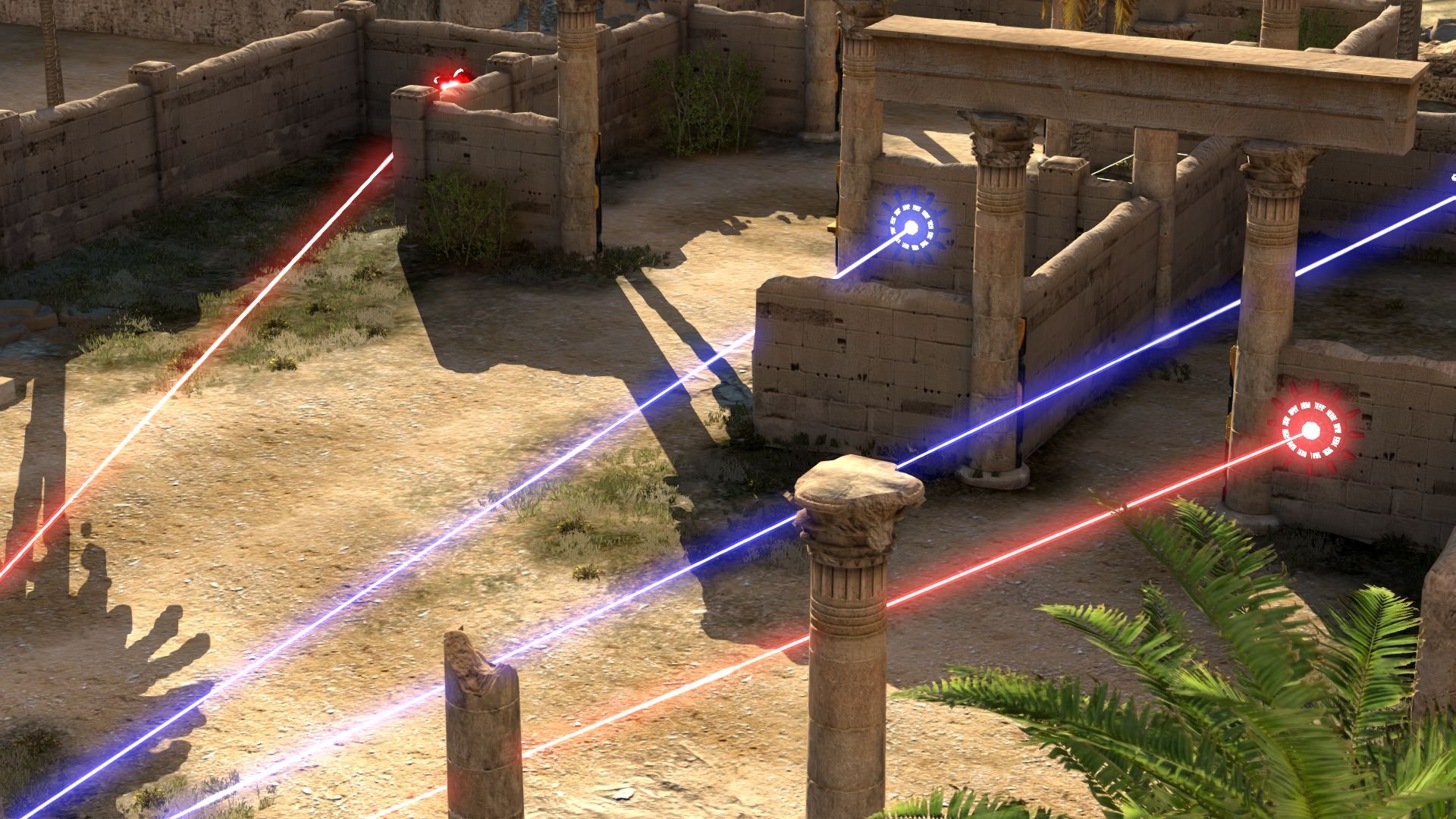
-
the-talos-principle-deluxe-edition #15
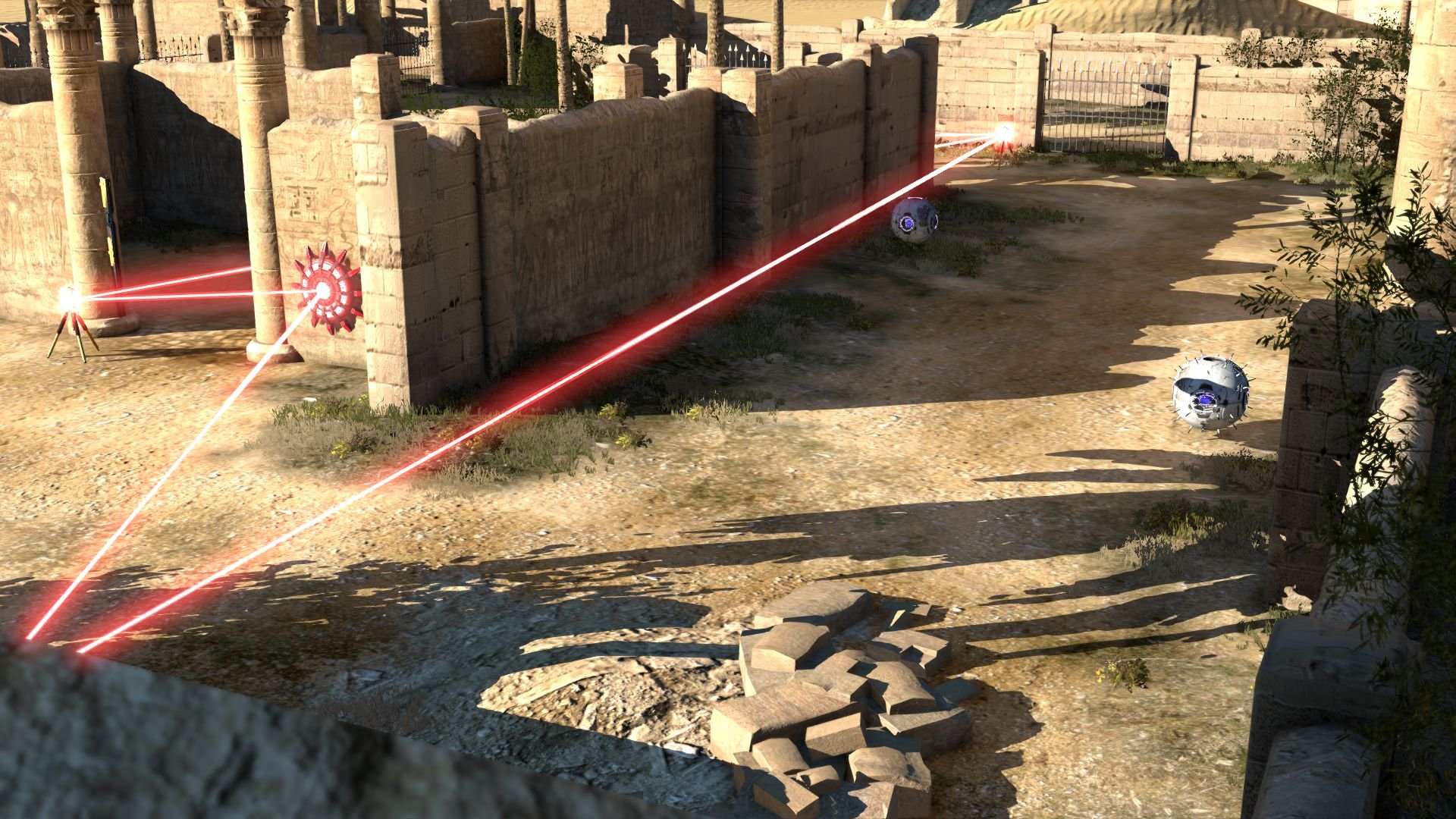
-
the-talos-principle-deluxe-edition #16
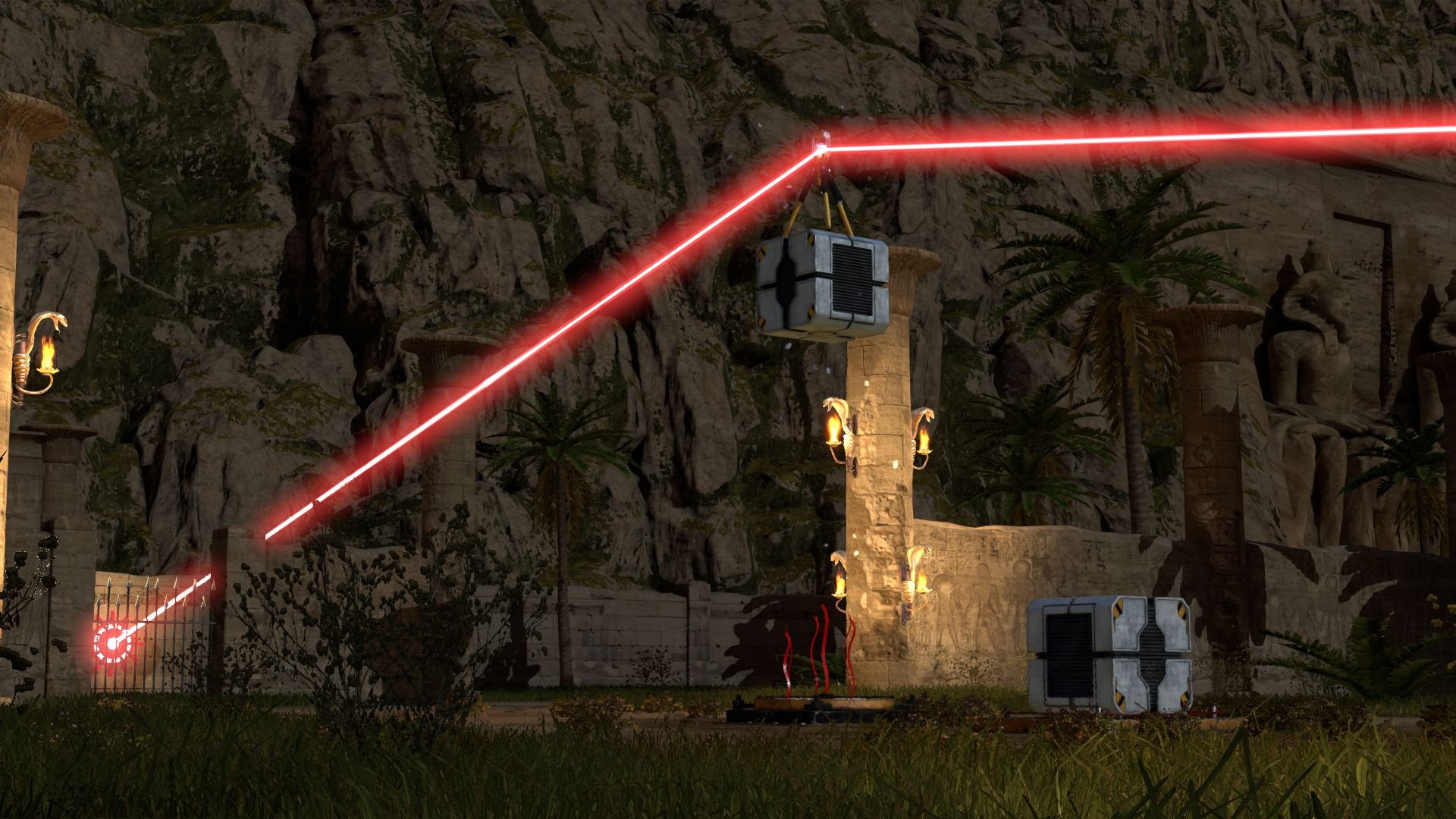
-
the-talos-principle-deluxe-edition #17
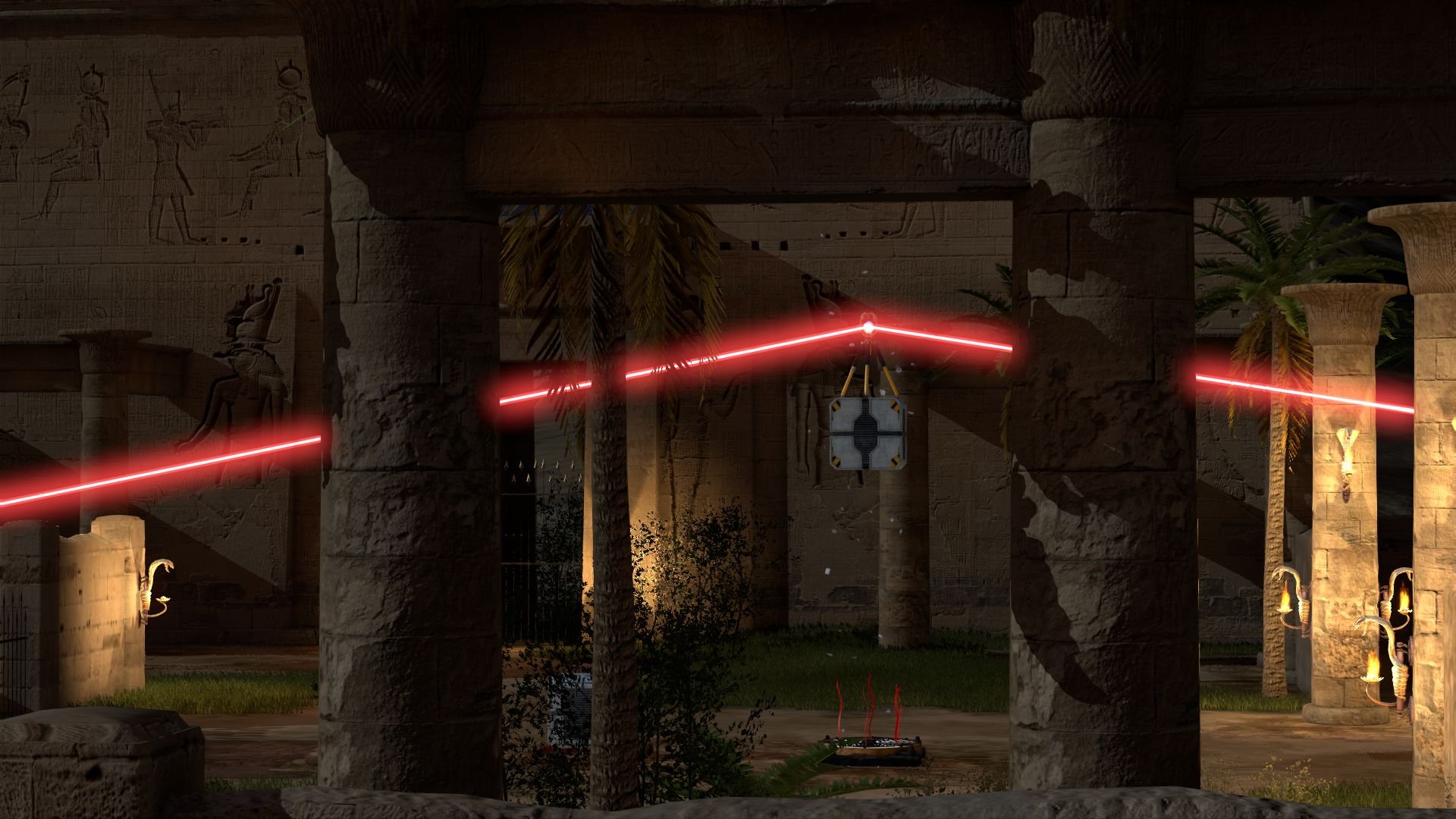
-
the-talos-principle-deluxe-edition #18
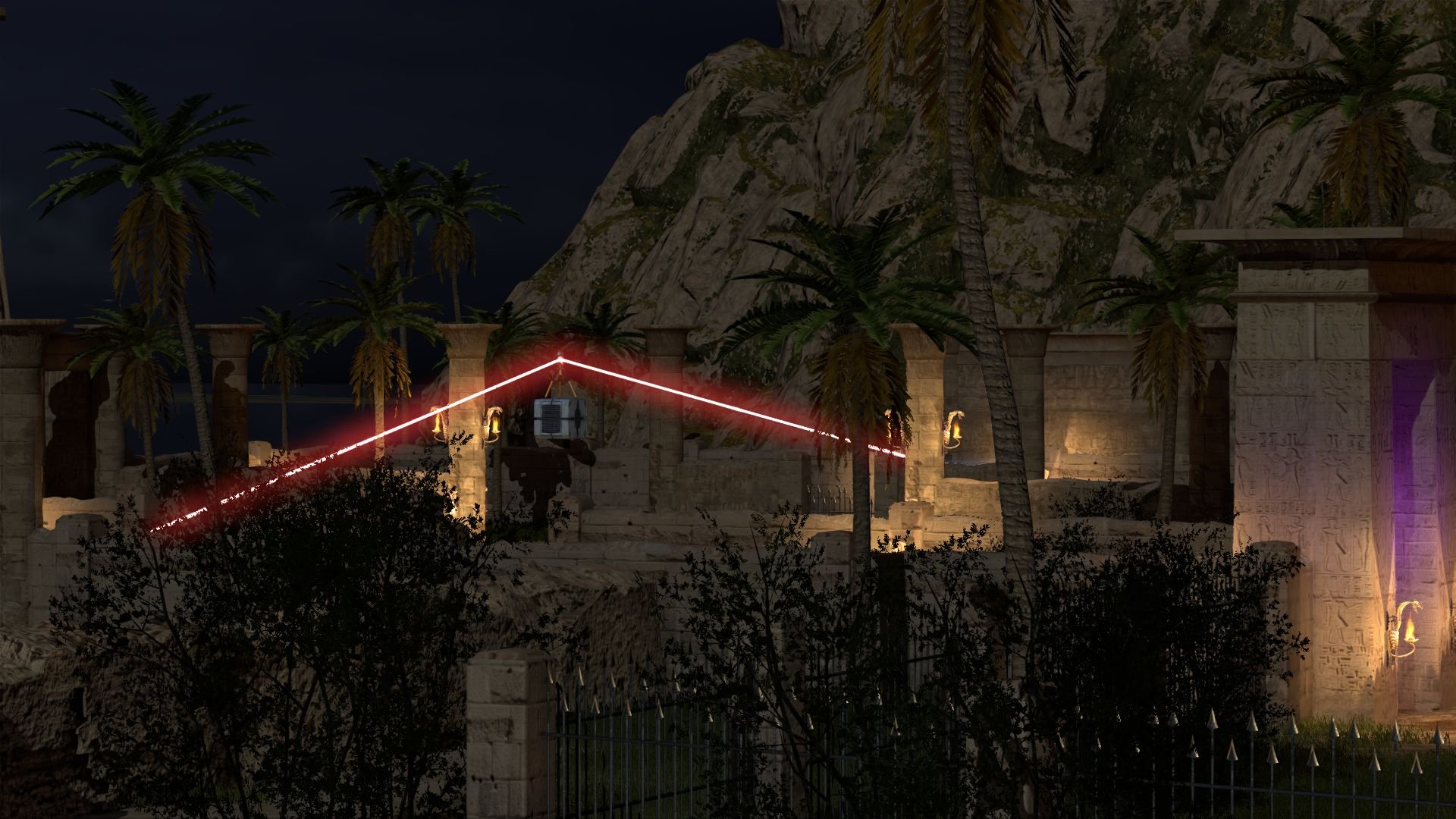
-
the-talos-principle-deluxe-edition #19
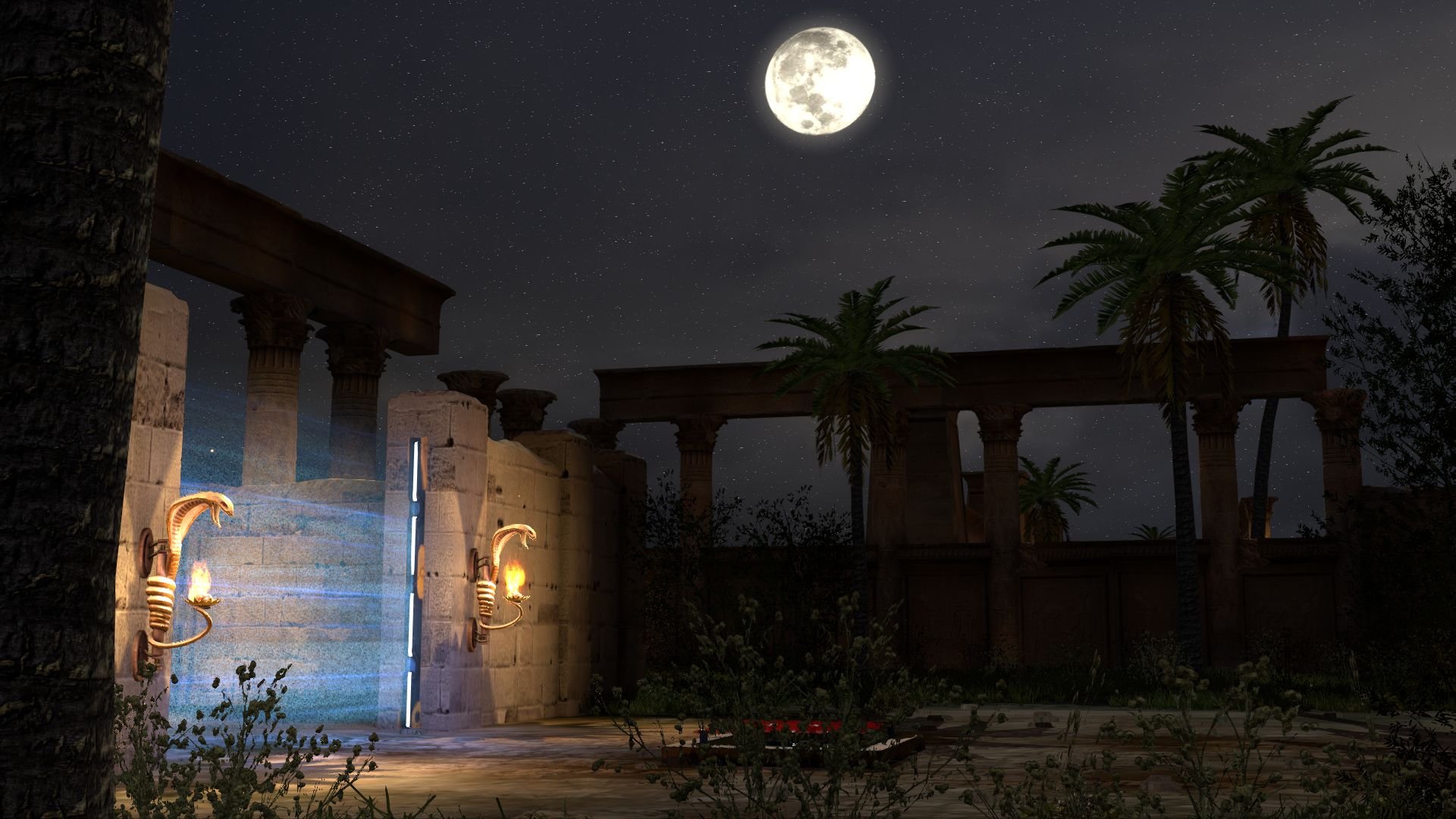
-
the-talos-principle-deluxe-edition #20
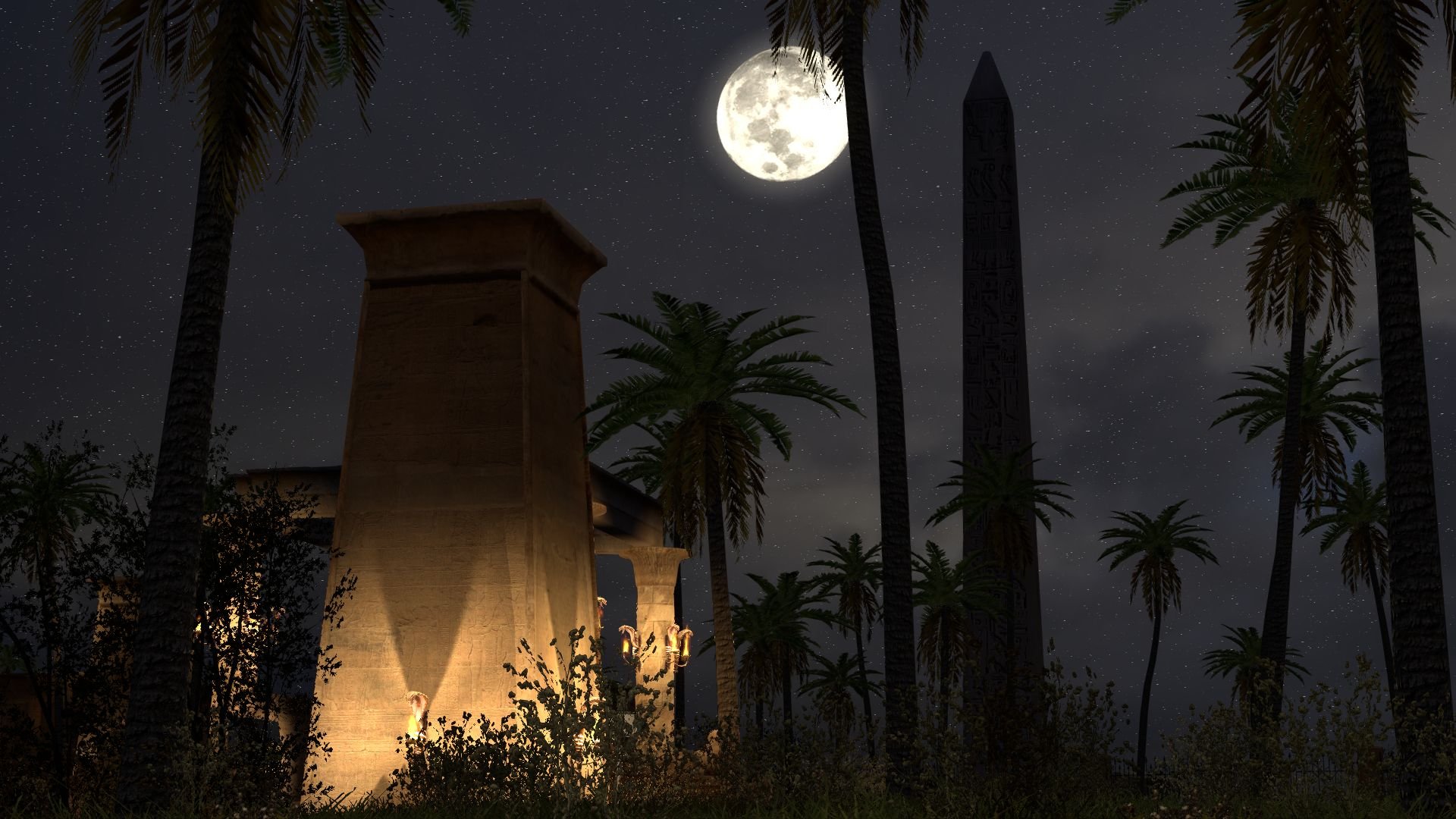
-
the-talos-principle-deluxe-edition #21
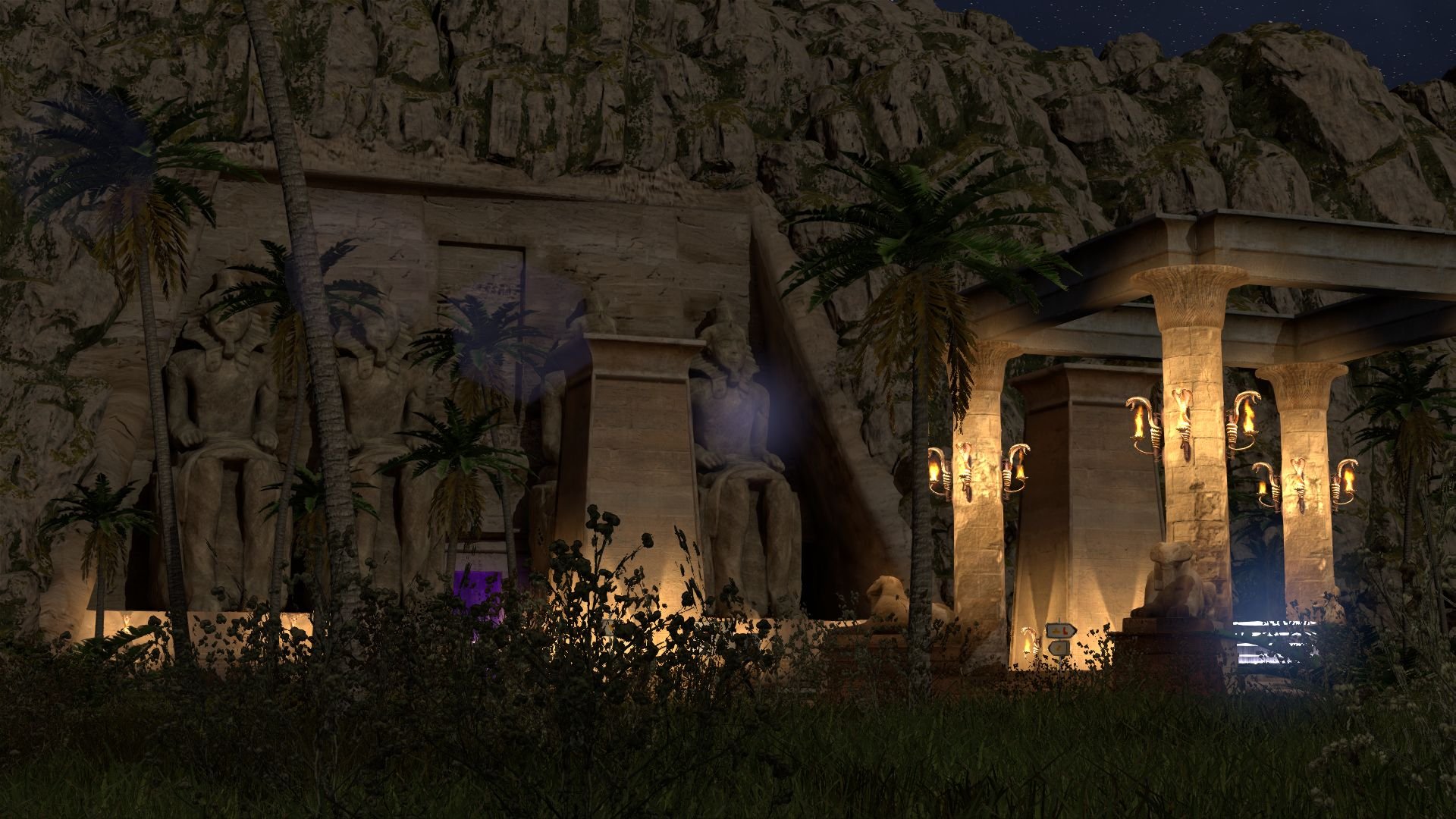
-
the-talos-principle-deluxe-edition #22
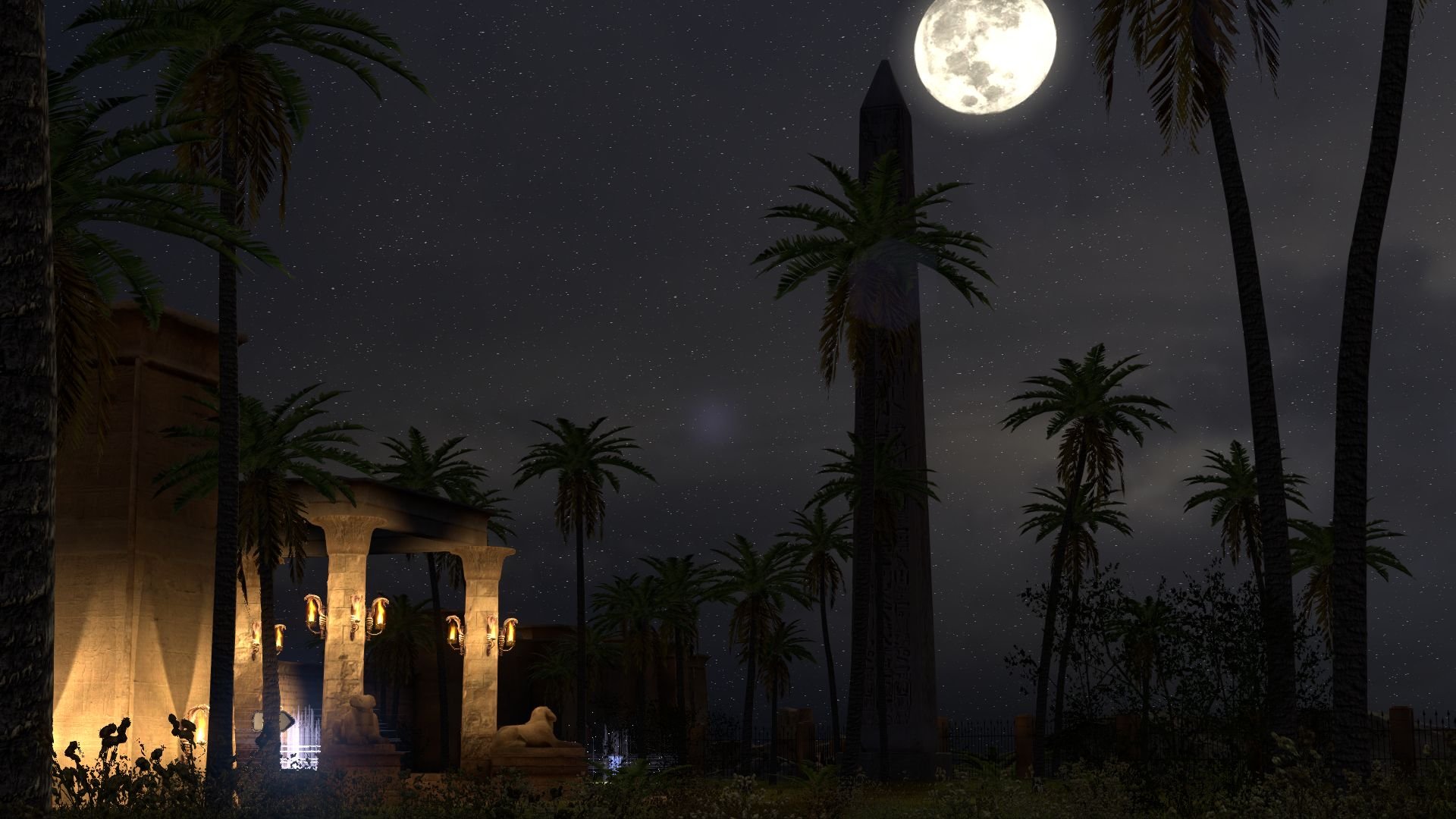
-
the-talos-principle-deluxe-edition #23
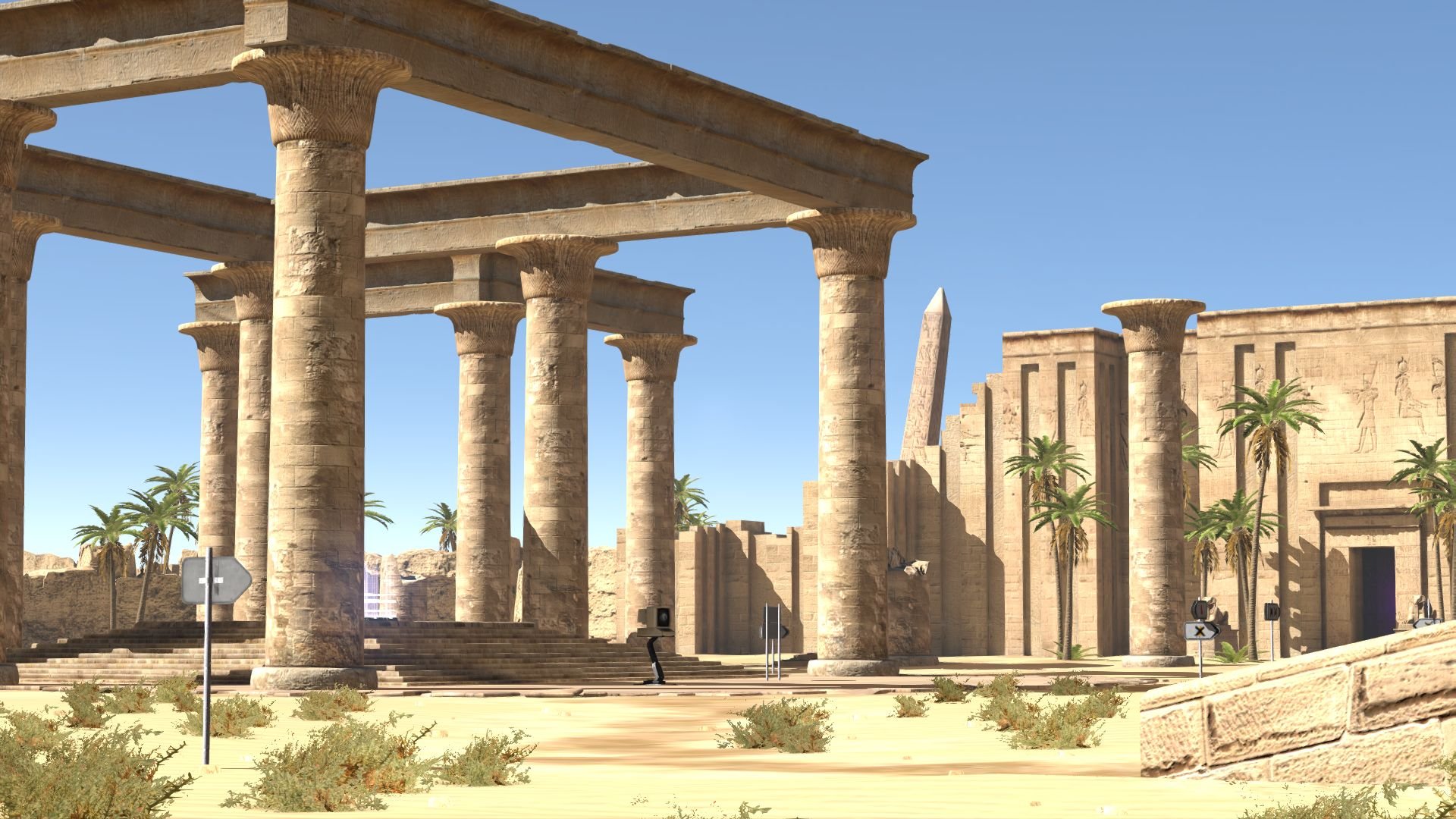
-
the-talos-principle-deluxe-edition #24
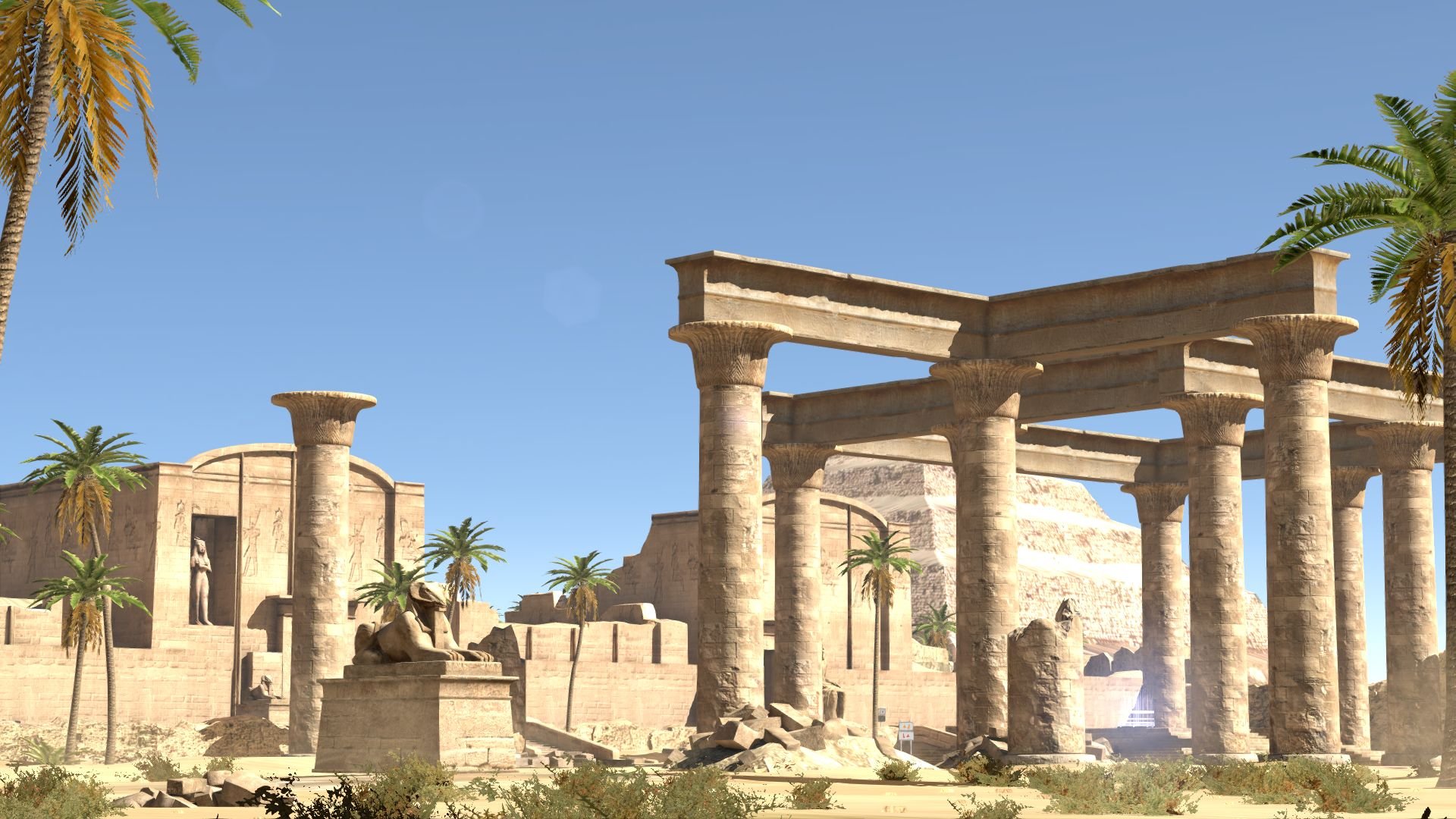
-
the-talos-principle-deluxe-edition #25
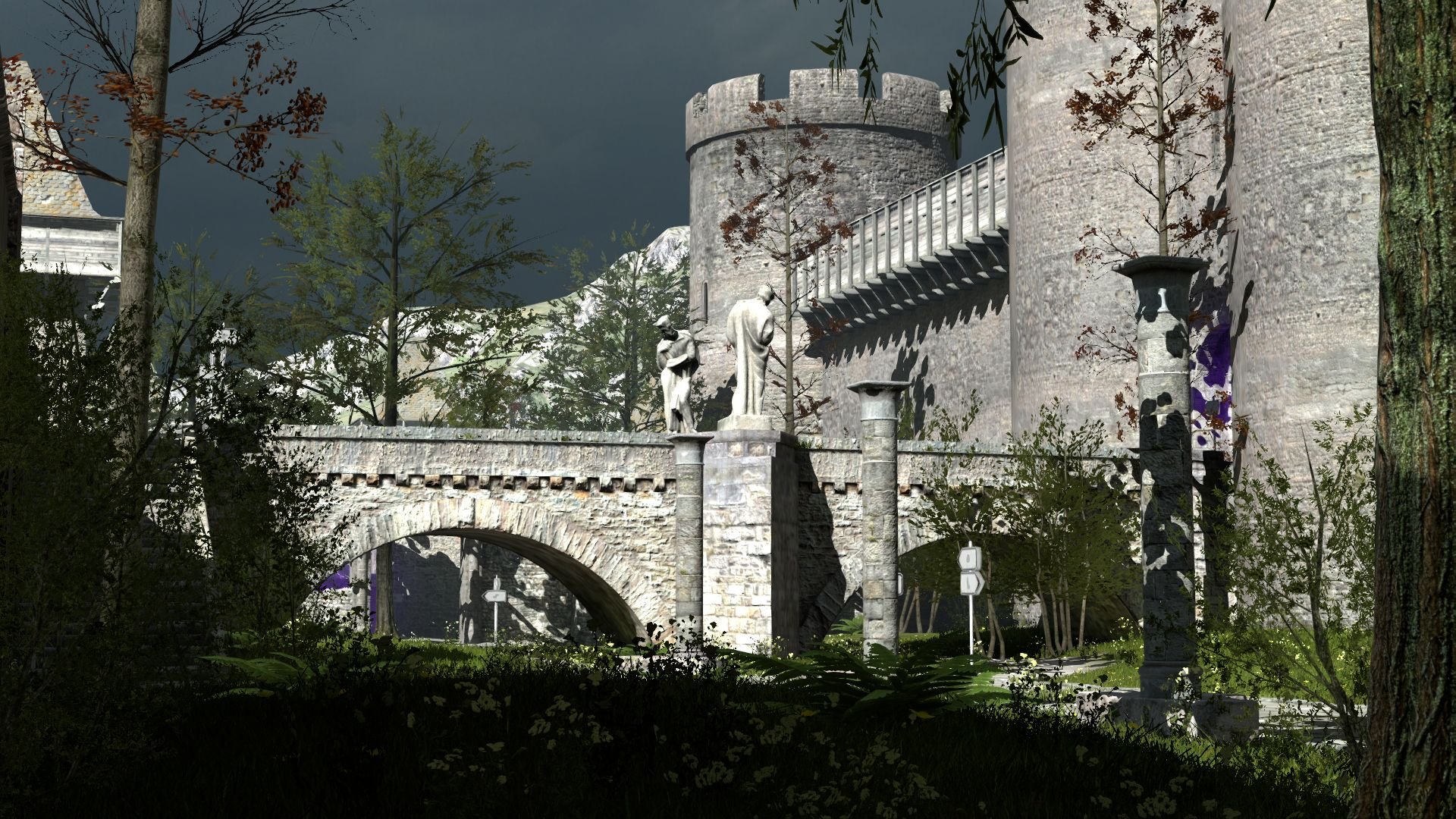
-
the-talos-principle-deluxe-edition #26
